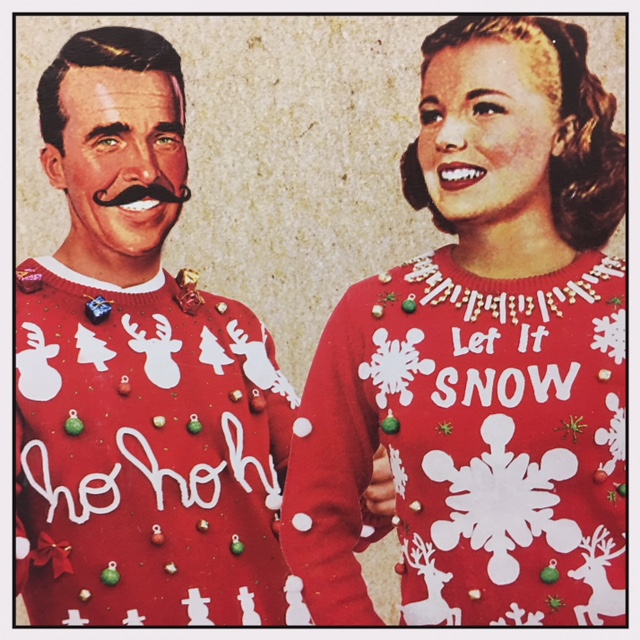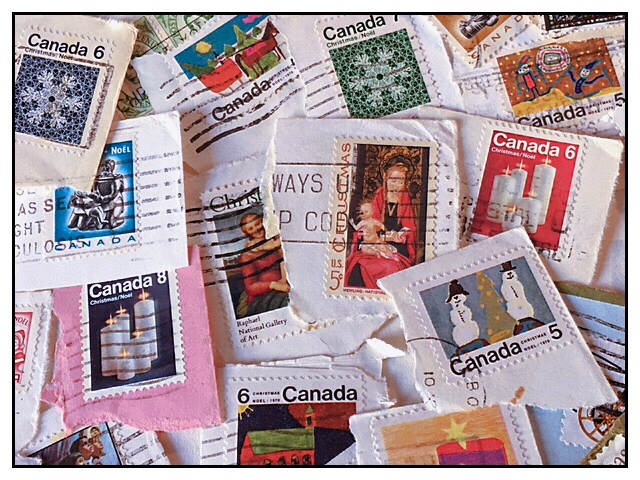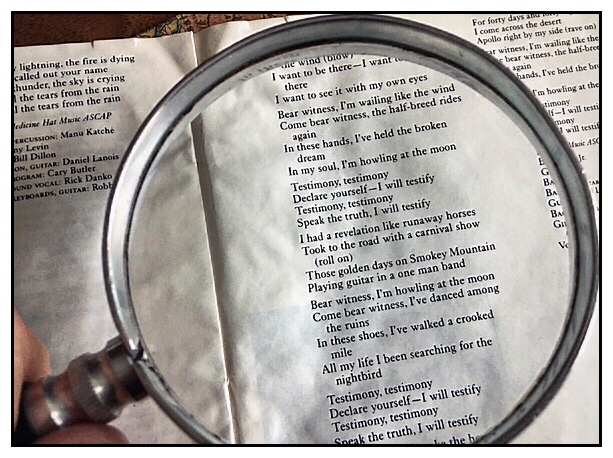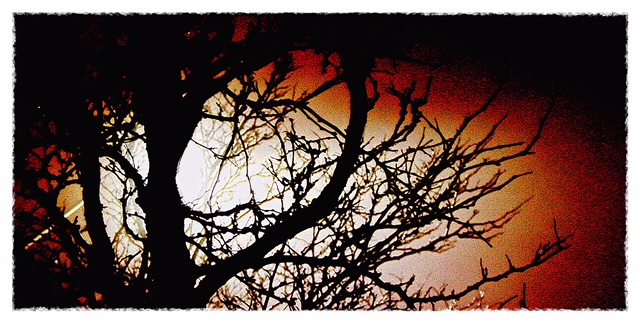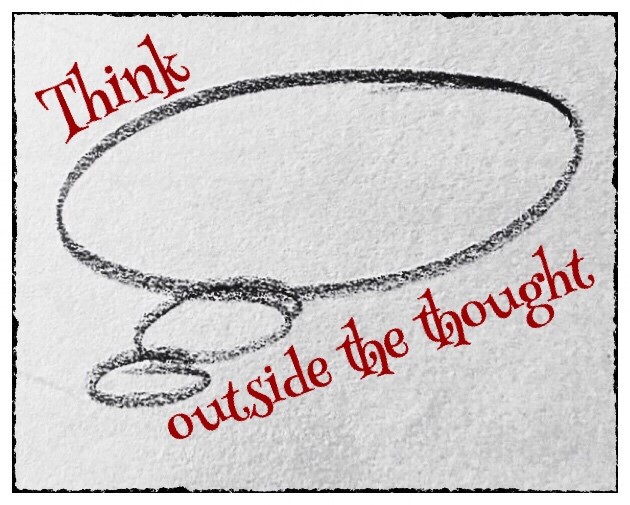What is so offensive about clothing that celebrates the season?
I am familiar with the trend over past years to mock seasonal sweaters; it is often included in the banter of shock-rock disc jockeys and morning show hosts looking for laughs, or the rants of unoriginal stand-up comedians filling allotted time at comedy clubs across the country. And, yes, it is supposedly in jest, but at the heart of it all is the need to poke fun at a clothing style, and ultimately at those who choose to wear the garments, past or present.
It has become humour of the lowest common denominator; jokes that go past what people wear, to attacking what many people consider the most wonderful time of the year.
Adorning a seasonal sweater is a personal choice, like any article of clothing we may (or may not) wear. Some, in fact many, people enjoy bringing out certain sweaters to celebrate the season. It is their way of brightening the days and weeks of the holiday season. To these people, the season is not ugly; the sweaters are not ugly.
But ridicule? That is ugly.
My mother used to wear seasonal sweaters. This was in the ‘70s, and I was wearing ultra-wide flare jeans and sky-high platform shoes. Was it ugly, or simply the fashion of the times?
Beauty is in the eye of the beholder, as is ugliness. Beauty is subjective, so when clothing is a matter of mass production, the “ugly” sweater one person may select could be something totally delightful to another.
Five years ago I watched a mother with her teenage special-needs daughter sorting through the racks of sweaters in a department store. Overly bright, and obviously seasonal, these sweaters were adorned appliqués of snowmen, candy canes, Christmas stockings, and all those familiar festive images. The pair was searching for matching sweaters with blinking lights, and they were laughing, giggling, and enjoying a mother/daughter moment.
I realized, as I watched the glowing smile on the daughter’s face, that these “ugly Christmas sweaters” were anything but unattractive, unpleasant, or morally revolting. These sweaters were totally special, and exactly what they were looking for.
So what, in the eyes of some people, makes these sweaters ugly?
This is the time of year people chose to decks their halls with boughs, bells, garland, and fake snow. Coloured lights on houses and trees light up neighborhoods. Is wearing a sweater that highlights the season really all that different? Yes, some of the sweaters are somewhat garish, (certainly not my style), but why should I be critical, especially this time of year.
Why call these sweaters “ugly”? Why not call them “festive”, as what they display, and what they represent, coordinates so well with everything else that surrounds us in this overly-commercialized time of the year.
There are office parties and ‘Ugly Sweater Days’ at local businesses. Do the people who plan these events not consider how these actions may be interpreted by others? Why risk offending a customer? What about those coworkers who fear wearing a favourite sweater for fear of ridicule, gossip, and back talk at the office?
Is there really a place in our workplace for degrading or demeaning people for what they wear? Do we honestly need to have a day to make fun of personal taste? Along with food and shelter, clothing is considered a basic need; is it something to be attacked?
Yeah, yeah, yeah. . . I have told – and laughed at – my unfair share of tasteless (even racist) jokes. I am not innocent, nor am I politically correct, prudish, or proper. I enjoy sarcasm, humour and comedy (especially dark), and believe laughter can, and will, lighten up a moment. But laughter at the expense of others? I think not.
We already live with enough “ugly” in this world. The drastic effects of climate change starving polar bears: that’s ugly. A self-obsessed, self-confessed pussy-grabbing president who flirts with nuclear war between tweets and tantrums: that’s ugly. The fact there are people in our communities who cannot put food on the table, or have no place to call home. . . that’s really ugly.
A soft, colourful sweater that offers a smile, and warmth to a society that has growing cold, is anything but ugly.
©2017 j.g. lewis
